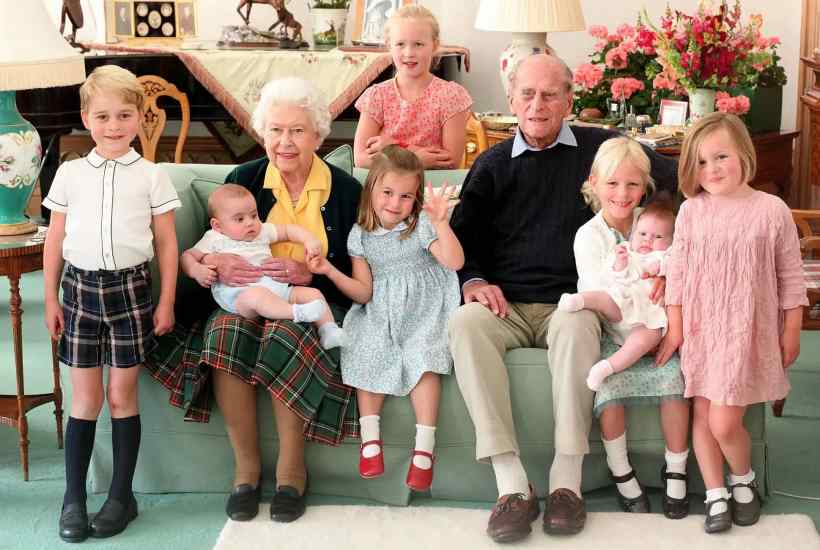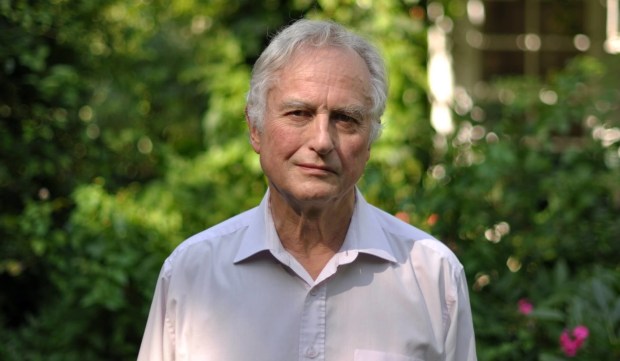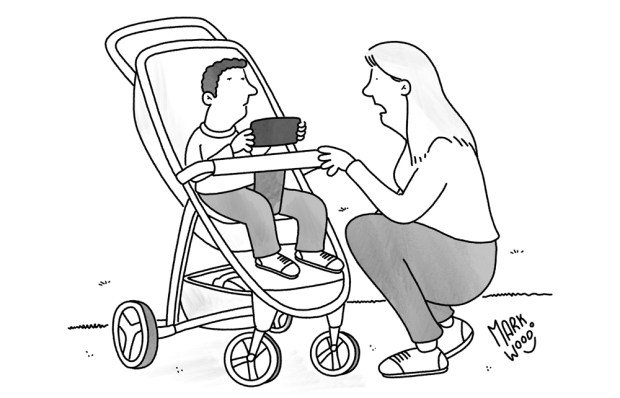When the 25-year-old Princess Elizabeth became Queen in February 1952, the average age at which her subjects died was, at 69, a year shorter than the number of years for which she was to reign over them. Had she herself died at that age, then her reign would still have lasted for 44 years, making her Britain’s eighth-longest reigning monarch, beating her namesake into ninth place by just under a year. Instead, as we all know, Elizabeth II reigned longer than any other British monarch, a full seven years longer than her own great-great-grandmother.
It should be stressed that these statistics are not being presented out of an obsession for record breaking, but rather to indicate the sense of permanence nearly all of us felt about Her Majesty. After all, as fewer than ten per cent of Britons are old enough to dimly remember her father on the throne, in essence, all of us had only been the subjects of just one monarch.
Coupled with that longevity was her ubiquity. Although her mantra was, of course, ‘I have to be seen to be believed,’ her image was also on every banknote, every coin, every stamp, and could be found in countless offices, village halls, schools, army messes, clubs, and hospitals. Indeed, it is almost impossible to spend a day in the United Kingdom without seeing the Queen in some form.
What then, is the effect on a society of living with a head of state who is not only omnipresent, but was, until today, seemingly eternal? And furthermore, what will be our sense of loss?
A cynic might look down upon Britain’s relationship with Elizabeth II, but to do so would be to mistake voluntary adoration with forced adulation. For we all remain free to choose whether we should respect our monarch — there are, after all, no laws that force us to bow or to sing the National Anthem. That so many millions of us did so willingly and without compulsion was not a manifestation of herd instinct, but because each of us as individuals at some point in our lives came to a realisation that Elizabeth was a remarkable woman, who was deserving of our respect, and was for so many of us — and this is no exaggeration — a living embodiment of the spirit of our nation.
Being a living embodiment of anything is a very hard job, and that Elizabeth managed to perform it almost faultlessly is extraordinary. How many other people born in 1926 could have managed it for a month, let alone over seven decades? And of course during that time, the Queen saw profound societal change, and watched and adapted to how we as a nation have come to accept our racial, physical, sexual, and political differences.
Just how tough that has been for her we shall perhaps never fully know. We can only guess, for example, her private thoughts when, in 2012, she shook the hand of Martin McGuinness, who had belonged to the same organisation which had murdered her beloved second cousin, Lord Mountbatten, some three decades before. Rarely did she wear her heart on her sleeve when dealing with such people, although she could be forgiven for hiding behind a bush in the gardens of Buckingham Palace in 1978 than having to exchange pleasantries with her house guest, the brutal Romanian dictator Nicolae Ceaușescu.
There were of course moments of crisis, with 1992 being dubbed by her as her ‘annus horribilis’ — during which her children’s marriages were collapsing, her wealth was being scrutinised, WIndsor Castle suffered an appalling fire, and even eggs were thrown at her in Germany because of the British wartime bombing of Dresden.
But she pulled through it, just as she pulled through the death of Diana, Princess of Wales in 1997, although her reticence would see the mob notoriously baying for the Queen to show us that she cared. What that moment revealed was a monarch briefly wrong-footed by societal change, seemingly unaware that many of her subjects existed in a world in which emotion is manifested and not hidden, and feelings are to be shared and not suppressed. It was undoubtedly a moment of deep crisis, but her broadcast to the nation did much not only to show that she did indeed care, but also reminded her subjects that caring and being seen to care ought not to be mistaken.
Now that she has gone — and it still does not seem real — how will we now adapt to the loss? There will be the poignant, and perhaps somewhat jocular moments, such as when we will doubtless get the words to the National Anthem wrong for many years to come. We will miss her at moments of national pageantry, such as the Opening of Parliament, Royal Weddings, and State Visits. When the Royal Family next assembles on the balcony of Buckingham Palace, the lack of her small form will leave a very big hole, and we will instinctively feel that something is awry. None of this is to belittle our King — how strange to write that — but instead to stress just how overridingly essential she became to our public life.
But the sense of loss will be felt on a deeper level. Many of us are feeling genuine grief, because we have lost a woman who was a mother and grandmother to us all. That she died at a grand old age is of course comforting, but we still mourn when we lose someone quite so precious. In a way, we have all now become orphans, and we must adjust to being subjects to a very different monarch.
Got something to add? Join the discussion and comment below.
Get 10 issues for just $10
Subscribe to The Spectator Australia today for the next 10 magazine issues, plus full online access, for just $10.




















Comments
Don't miss out
Join the conversation with other Spectator Australia readers. Subscribe to leave a comment.
SUBSCRIBEAlready a subscriber? Log in